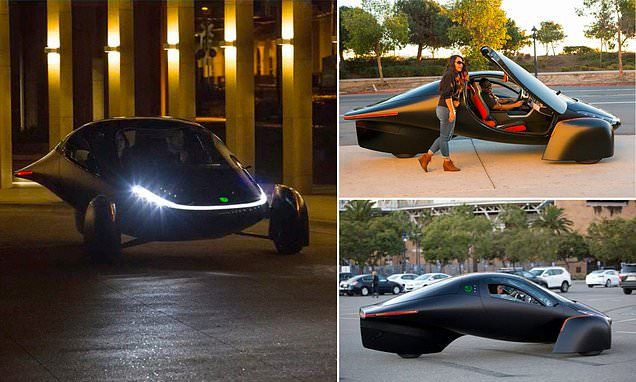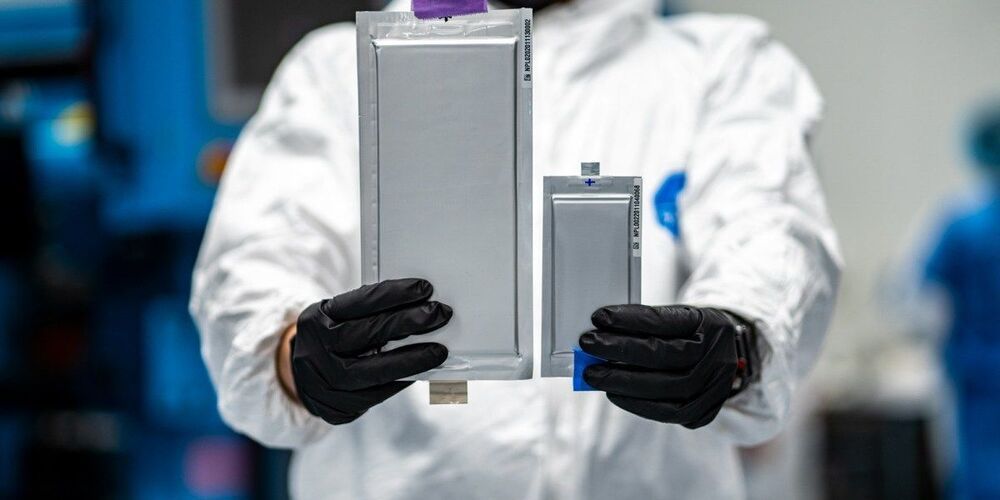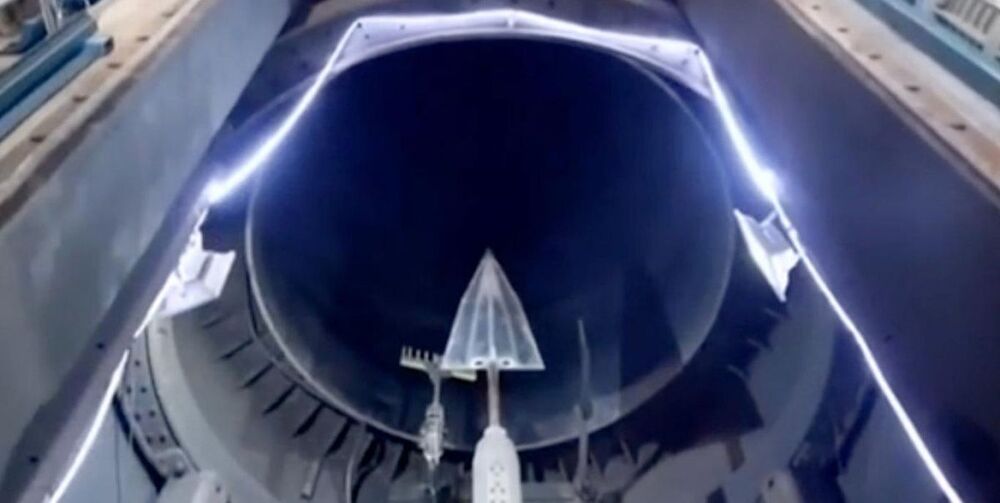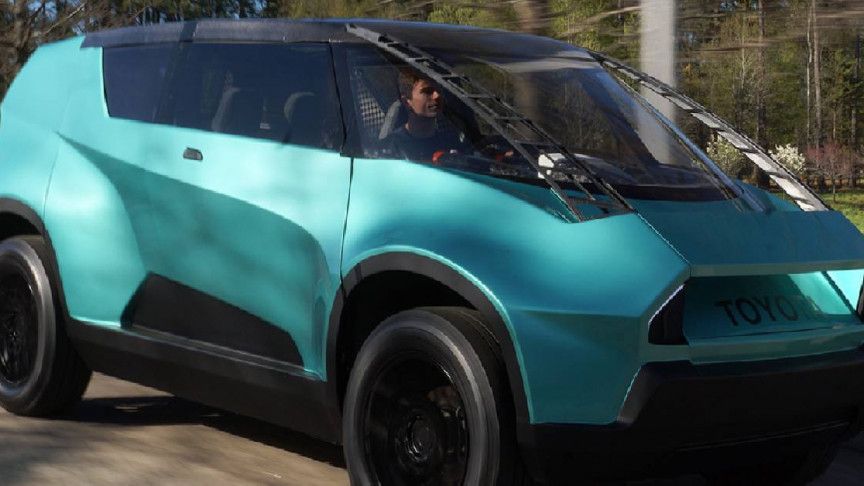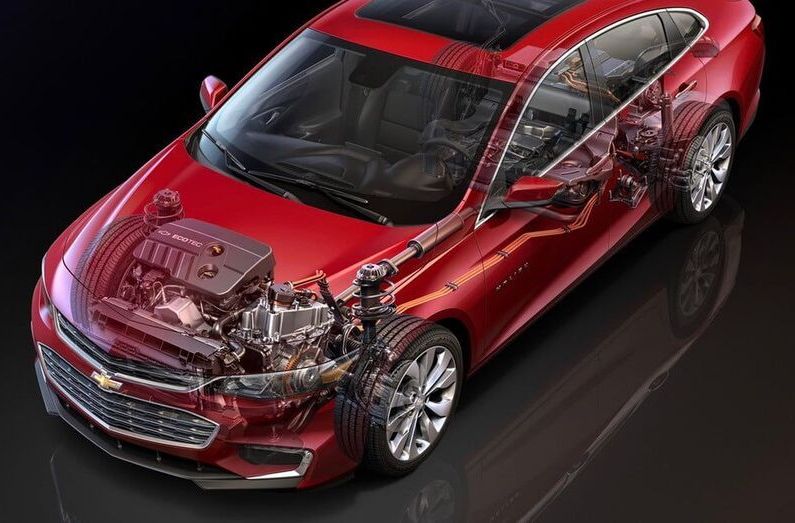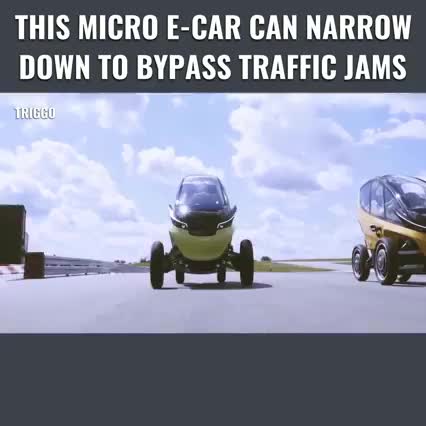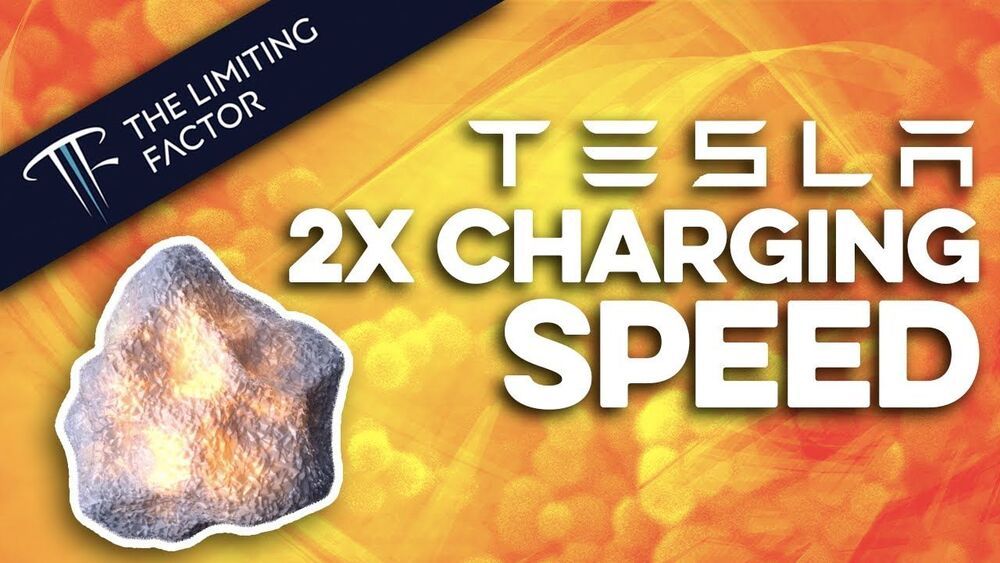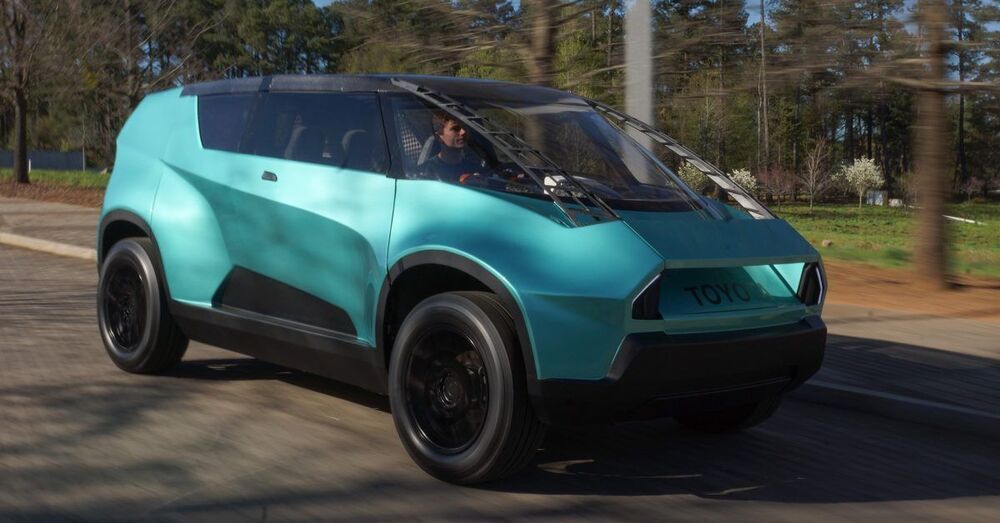“What our technology does is it improves range and lowers vehicle cost,” Campbell said. “It’s as simple as that.”
As the name of his company suggests, Campbell thinks the key is a more-solid electric car battery. The lithium-ion batteries powering almost all of today’s electric vehicles rely on a liquid electrolyte, which ferries charged ions from a cathode to an anode. While the technology makes it practical to charge and recharge, the liquid can catch fire if overloaded.
For decades, scientists have seen a potential answer in solid electrolytes, which could allow a battery to soak up more energy without overheating.


